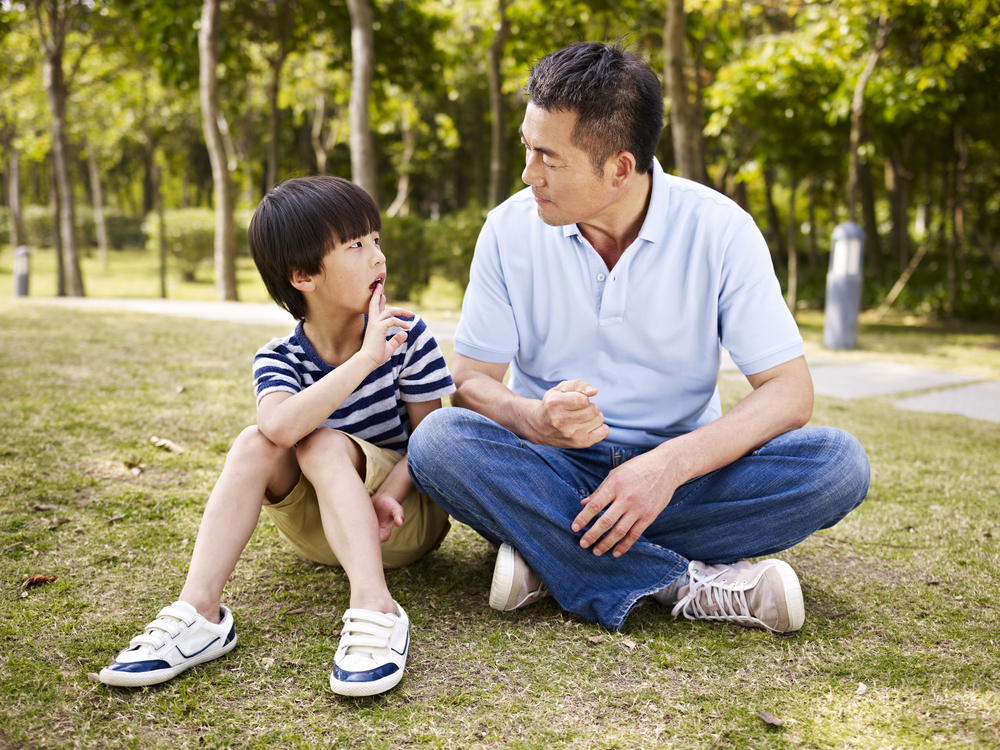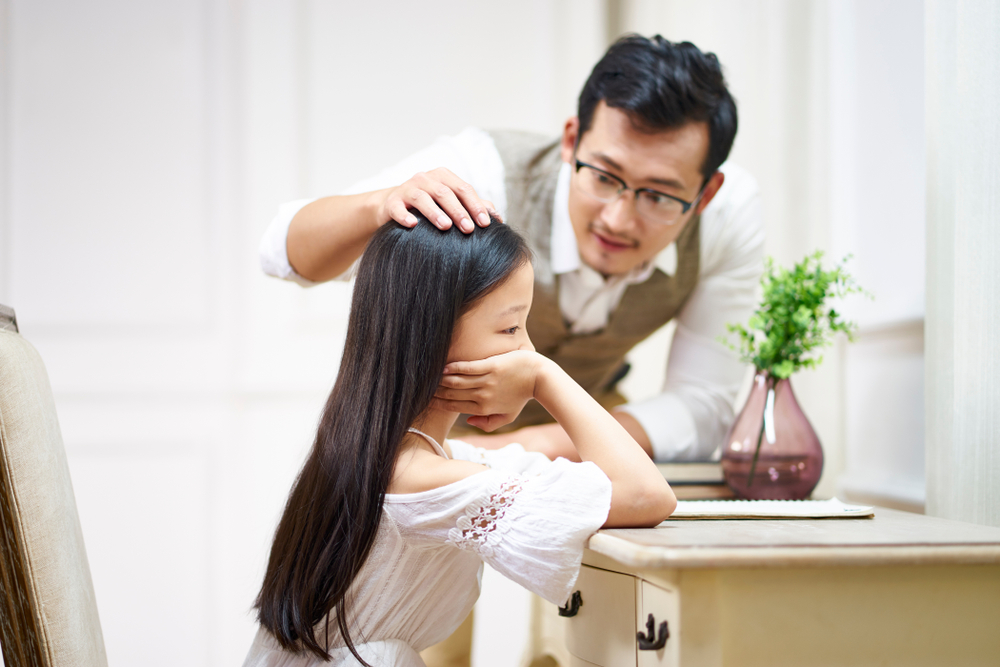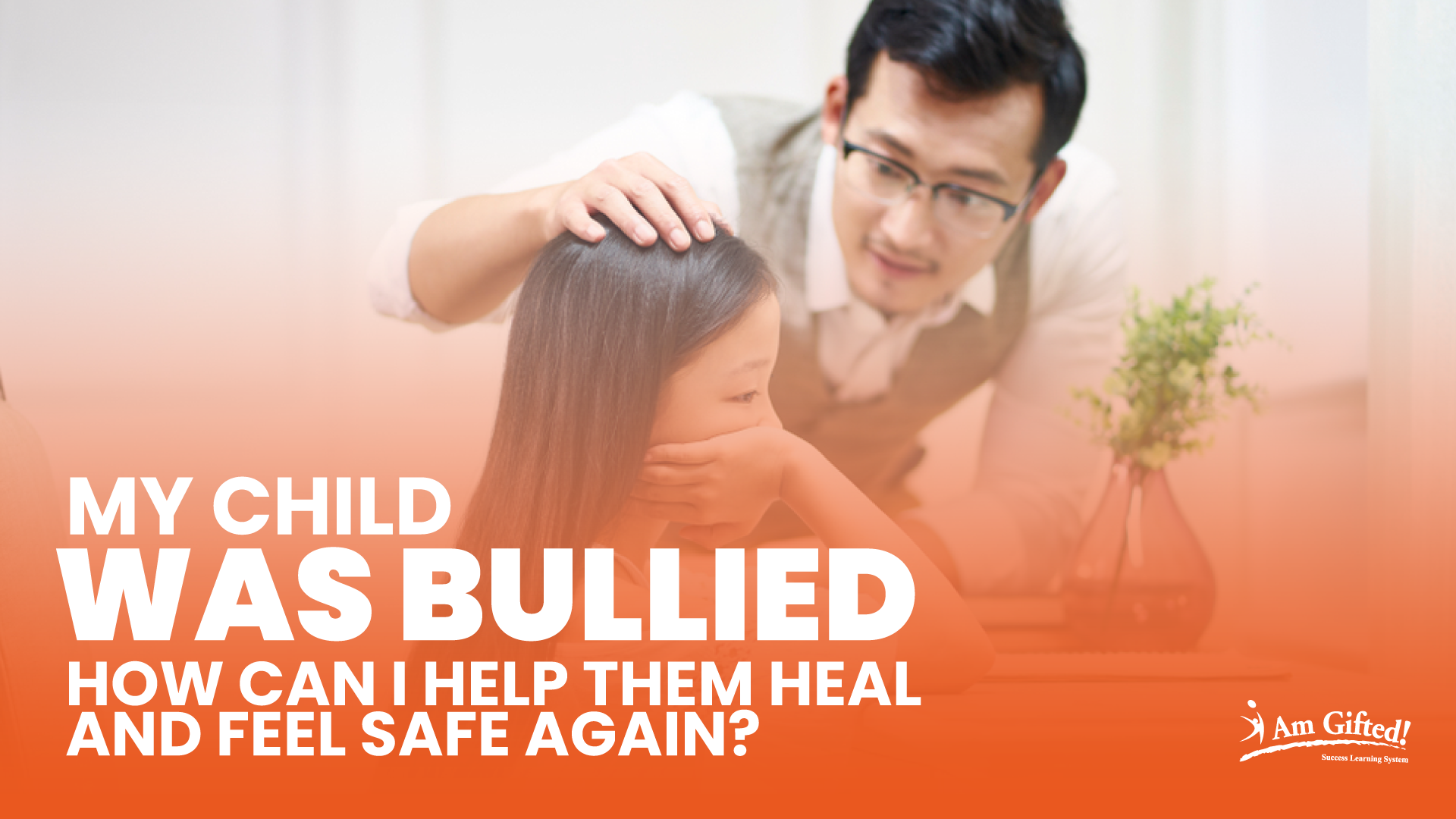PART 2: My Child Was Bullied—How Can I Help Them Heal and Feel Safe Again?
In Part 1, we talked about how to spot the signs of bullying and open up communication with your child. But what happens next—when the bullying has already happened?
The truth is, bullying doesn’t end when the incident stops. Its emotional effects can linger—impacting your child’s confidence, self-worth, and even mental health. As parents, your response plays a powerful role in shaping their healing journey.
At I Am Gifted!™, we believe that resilience is not just about bouncing back—it’s about bouncing forward. Here’s how you can help your child regain their footing.

 1. Stay Calm, Listen Deeply
1. Stay Calm, Listen Deeply
Your child needs to feel heard, believed, and supported—not interrogated or overwhelmed.
– Listen without jumping to conclusions or rushing to “fix” it immediately.
– Avoid statements like “Why didn’t you tell me earlier?” or “You should’ve stood up for yourself.”
– Thank them for having the courage to share and assure them they did the right thing.

 2. Create a Safe Emotional Space at Home
2. Create a Safe Emotional Space at Home
After facing rejection or hostility in school, your child needs to know home is their sanctuary.
– Show affection and reassurance more often.
– Encourage regular routines like family meals or walks together to rebuild a sense of normalcy.
– Talk about positive traits they have that bullying cannot take away—compassion, intelligence, resilience.

 3. Help Them Process and Reframe the Experience
3. Help Them Process and Reframe the Experience
Children who’ve been bullied often blame themselves or believe they are “not good enough.”
1. Challenge negative self-talk gently. Help them reframe it with affirmations like:
– “You are not the problem—what happened to you is wrong.”
– “You are brave for speaking up.”
2. Journaling, art, or role-play can also help them express feelings they can’t put into words.

 4. Work with the School Strategically
4. Work with the School Strategically
– Suddenly stops using their phone or social media
– Document what your child shared (names, dates, incidents).
– Contact the teacher or school counsellor calmly, focusing on facts and your child’s well-being.
– Follow up to ensure the situation is being addressed.
Avoid confronting the bully’s parents directly—leave investigations and action to the school.

 5. Encourage Peer & Mentor Support
5. Encourage Peer & Mentor Support
– Help your child reconnect with trusted friends or siblings.
– Encourage them to join new interest groups, clubs, or youth development programmes—where they can build new social circles and rediscover their strengths.
At I Am Gifted!™, many of our young graduates go on to become student coaches, turning past pain into purpose and leading by example for younger students.

 6. Consider Professional Help If Needed
6. Consider Professional Help If Needed
If you notice signs of prolonged distress—such as withdrawal, self-harm, or school refusal—don’t hesitate to reach out to a school counsellor or child psychologist. Early support prevents long-term trauma.
Final Words for Parents
Bullying can leave invisible scars—but with your support, love, and belief in their worth, your child can emerge stronger.
Let them know:
- They are not alone.
- They are not defined by what happened.
- They are capable of rising above it.
Together, let’s build a world where our children thrive with confidence, kindness, and courage.

If it is possible for others, it’s possible for you.
It is only a matter of strategy.
No matter what strategies you decide on, whether to pick up a relevant self-help book or attend a prestigious school holiday programme, remember that it all begins with your beliefs – how you see yourself and what you say to yourself every day.




